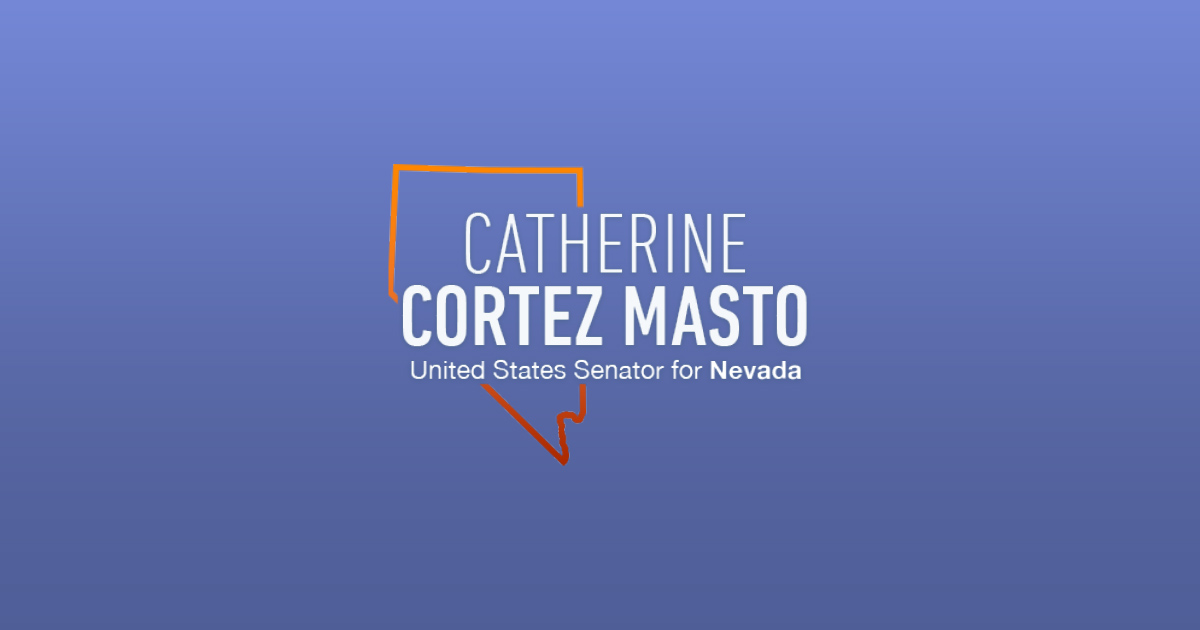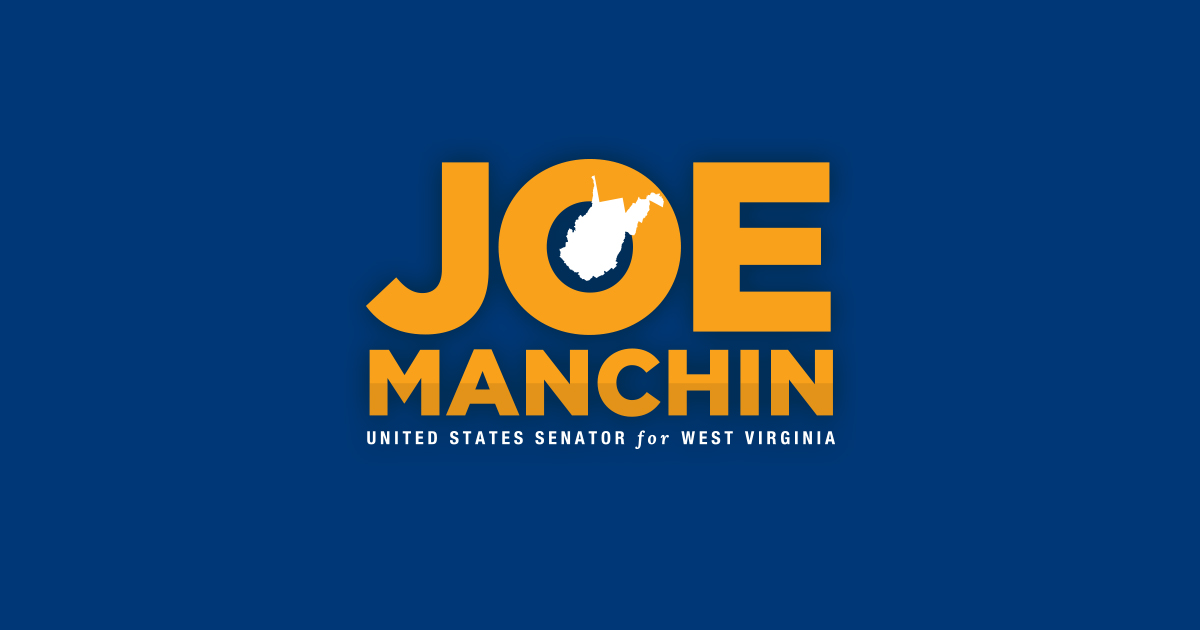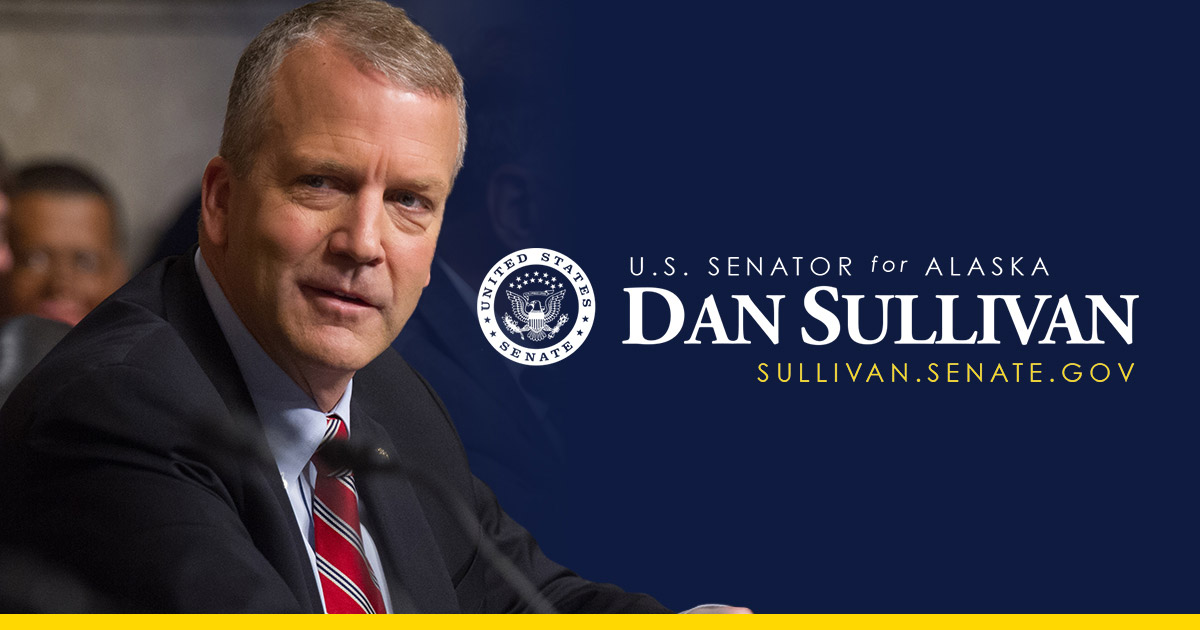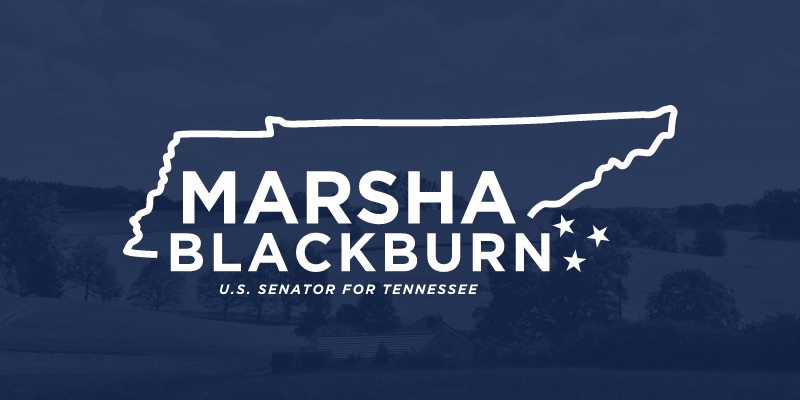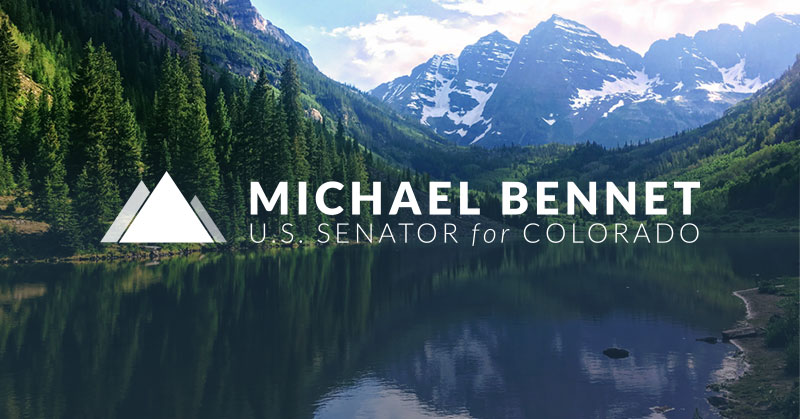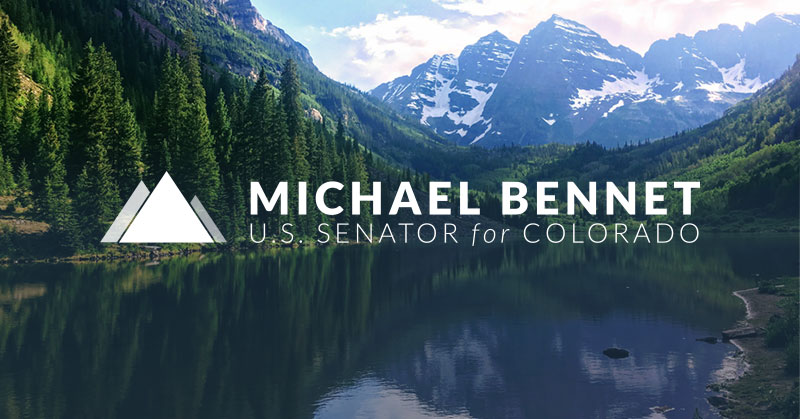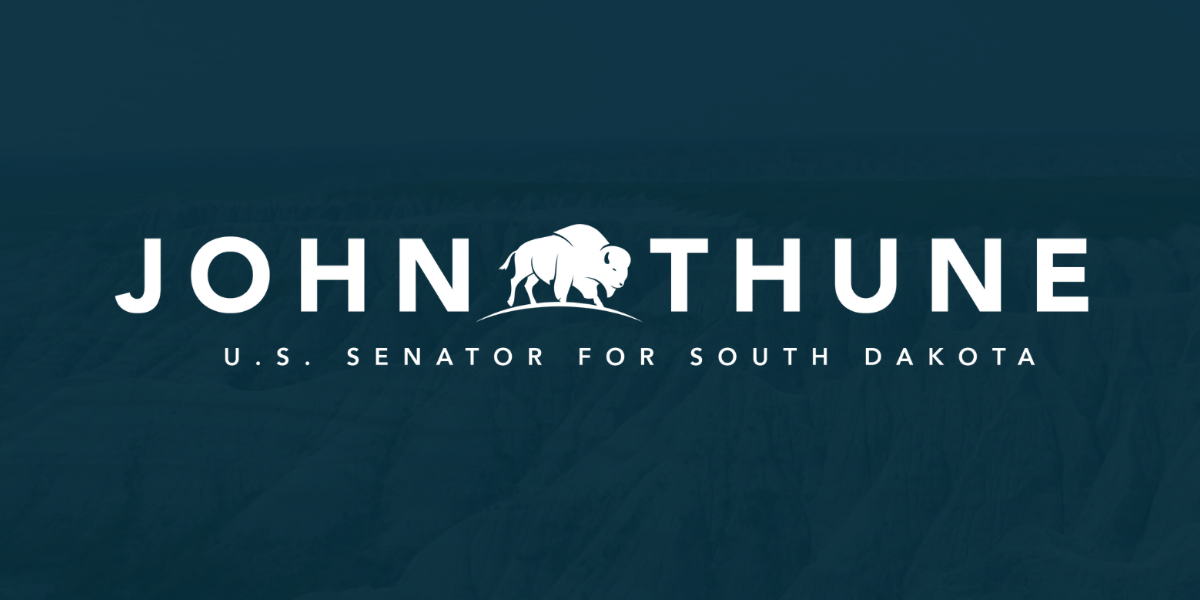Source: United States Senator for Nevada Cortez Masto
Washington, D.C. – U.S. Senator Catherine Cortez Masto (D-Nev.) announced the National Telecommunications and Information Administration (NTIA) is awarding $43.5 to connect and improve broadband access and reliability in Eastern Nevada through the Middle Mile Broadband Infrastructure Grant Program. These federal funds, which Cortez Masto helped deliver through the Bipartisan Infrastructure Law, will fund a 431-mile open-access fiber optic network from Las Vegas to Wells, Nevada, along the Route 93 corridor, to provide 21,000 “last-mile” areas that are currently unserved or underserved with quality internet access. Residents in these Nevada communities should consult the federal Affordable Connectivity Program to see if they quality for lower costs on their broadband service.
“Nevadans across the state should have reliable broadband access, no matter where they live, and this federal funding will connect thousands of Nevadans who do not currently have reliable internet access,” said Senator Cortez Masto. “Connecting all of Nevada to the internet has been a priority of mine and is long overdue. I’m proud to deliver these resources to support connecting our students, our small businesses, and everyone in Nevada’s rural communities.”
Through her Innovation State Initiative, Senator Cortez Masto has led in the Senate to improve broadband access and strengthen Nevada’s economy. In the last year alone for example, she has delivered more than $60 million in broadband funding for Nevada’s Tribal communities as well as residents in and around Lovelock and in Spring Creek, Elko County. In 2020, she passedher bipartisan ACCESS BROADBAND Act to ensure Nevadans in underserved urban and rural communities have easier access to federal broadband programs. In response to pressure from Senators Cortez Masto and Jacky Rosen (D-Nev.), the Federal Communications Commission (FCC) recently updated their National Broadband Map, which will ensure Nevada receives the federal funding it deserves and needs.
###
